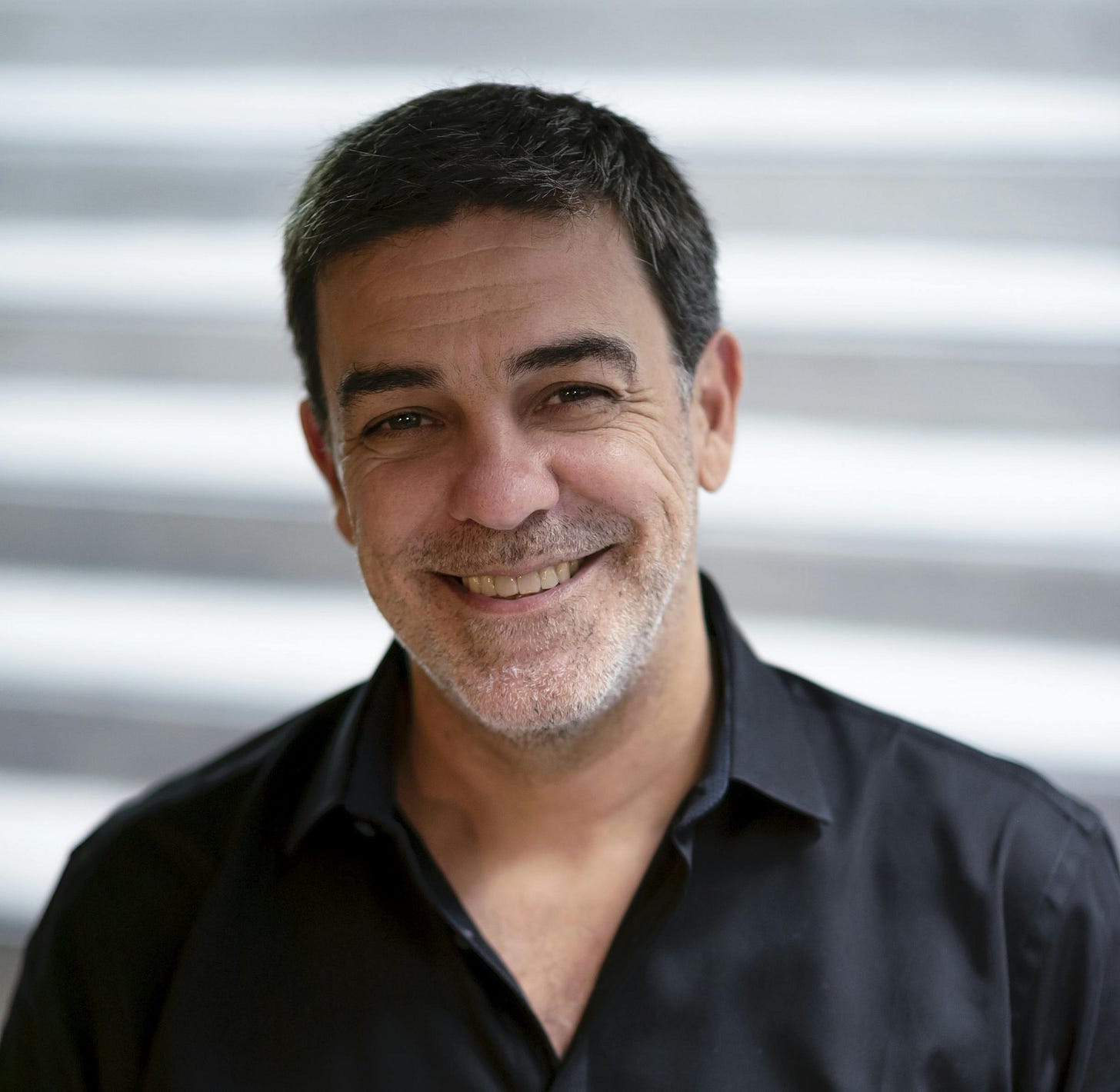Great Leaders Don’t Defend,They Discover—Your Shot of Fearless Culture #388
Where change agents find their weekly dose of culture insights and exercises, one topic at a time.
I’ve been wrong in my career more times than I can count.
When I was a CEO, I walked into meetings looking for support. I wanted people to validate my strategies, confirm my hunches, and rally behind my vision.
I thought I was building alignment, but I was actually building an echo chamber.
Now, as a consultant, I walk into those same types of meetings looking for disagreement. I expect other to poke holes in my thinking, and I encourage leaders to do the same: Invite challenge, not praise.
The shift isn't that I've stopped being wrong—it's that I’m less afraid of finding out I'm wrong.
Most catastrophic decisions aren't made by average people. They're made by very smart leaders—people who prioritize protecting their image over admitting they might be wrong.
The irony? In trying to preserve their image, they destroy their legacy.
They confuse winning an argument with making a good decision. They confuse confidence with competence.
Being right doesn't make you a better leader—being able to change your mind does.
Explore this week's newsletter:
My latest article → Being Right Doesn't Make You a Better Leader
Practical tips to embrace intellectual humility
Inspiring reads and tools to help you change your mind
Stay fearless, my friend.
Gustavo
In Case You Missed It
→ How to Deliver Bad News to Your Leader
Ask Your Team This
Are we more focused on winning arguments or making good decisions?
⚠️ Try This
The Reverse Argument
When facing a complex decision, divide your team into two groups:
The Soldiers: Your job is to defend the proposed decision. Build the strongest case for why it will work. Gather supporting evidence, address potential objections, and show confidence in the approach.
The Scouts: Your job is to map the terrain honestly. What alternatives haven't we considered? What assumptions are we making? What would a completely different approach look like? Your goal isn't to prove the idea wrong—it's to explore possibilities.
After each team presents their case, switch roles and argue the opposite position.
Debrief with these questions:
Which role felt more natural for our team?
What did we discover when we were forced to be a scout instead of a soldier?
When we switched sides, what surprised us most?
How do we typically behave in real decisions—more like soldiers or scouts?
Integrate both perspectives to make your final decision.
Inspired by Julia Galef’s TED Talk: Why you think you’re right, even if you’re wrong
🍦 Feed Your Curiosity
The power of changing your mind
13 cognitive biases that impair your judgment
Why family businesses make better decisions than corporate leaders
🔎 How to Build the Right Culture
Your team says they value collaboration, but people still work in silos. You believe asking for help shows strength, but everyone suffers in silence.
Here's the uncomfortable truth: Most leaders are managing a culture that exists only in their heads.
The Culture Design Masterclass helps you see what's really happening:
Uncover your actual culture (beyond the values on your wall)
Identify the hidden gaps blocking change
Design a culture that drives the behaviors you actually need
Join the Culture Design Masterclass.
“Gustavo is amazing! I had been waiting for this class for months and it was worth the wait! I’m excited to continue the certification journey because one day is just not enough for the amount of wisdom he has to share.”
– Michelle
Registration is open for August and September.
Our culture design programs have 100+ 5-star Google Reviews.
Connect & Collaborate With Gustavo
New to the Demystify Culture newsletter? Subscribe for free.
Let’s connect on LinkedIn
Explore my culture design services
Join the Build a Fearless Culture program. Registration is open for the next cohort. Learn to intentionally design all the key building blocks of work culture. Book your seat: Build a Fearless Culture Program – September 2025
Gustavo Razzetti
CEO, Fearless Culture




Soldiers and scouts! Love this.
This really made me think of how JFK evolved his leadership style after the Bay of Pigs disaster. He realized the danger of operating in an echo chamber and deliberately restructured his decision-making process. By forming the ExComm during the Cuban Missile Crisis, he created space for debate. His teams were encouraged to poke holes in every idea—his own included—so that strategies could be stress-tested and refined before action. A great reminder of the value of intellectual humility and structured disagreement in leadership.
Great article!